In the intricate world of film and television production, music licensing emerges as a crucial side hustle that can add significant value to the final product.
This process requires navigating through various licenses, including synchronization and master licenses, to lawfully combine music with visual content.
The complexities of acquiring these licenses can not only protect you from legal consequences but also enhance the storytelling aspect of a project.
As we delve into the expenses, budgeting techniques, and legal factors, it becomes clear that mastering this side hustle is vital for any successful project.
So, how does this industry side hustle work and how can you implement it?
Types of Music Licenses
Navigating the intricacies of music licensing for side projects such as YouTube videos, podcasts, or independent films begins with comprehending the various types of music licenses available.
Two of the most crucial licenses are synchronization licenses and master licenses. Synchronization licenses, also known as sync licenses, provide the right to match music with visual content, like a scene in a YouTube video or a podcast intro. This kind of license is vital for content creators, as it covers the use of the underlying composition, including lyrics and melody, within their visual or audio content.
The master license plays an equally important role. It permits the use of a specific recording of a song. While the synchronization license relates to the composition, the master license concerns the actual sound recording performed by an artist. Both licenses are typically needed when a content creator wants to use a pre-existing piece of music in their project. Failing to acquire either could lead to legal issues and potentially hefty financial penalties.
Understanding these different licenses is a fundamental step for anyone involved in the integration of music into their side projects. Mastery of these licensing types ensures the legal and seamless incorporation of music, aiding in a smoother creative process.
How to Secure Licenses
Having identified the necessary licenses for your side hustle, the next step involves understanding the process of securing these permissions to legally operate. Securing licenses, particularly business permits or copyrights, requires a methodical approach to guarantee all legal obligations are met.
Here is a streamlined process to follow:
- Identify Rights Holders: Determine who holds the necessary rights for the elements you plan to incorporate into your side hustle. This can involve contacting patent offices, copyright holders, or regulatory bodies.
- Negotiate Terms: Engage in negotiations with the rights holders to obtain the necessary licenses. This involves discussing the scope of use, duration, and geographical extent of the license. Confirm that all agreed terms are clearly documented to avoid any future disputes.
- Draft and Finalize Contracts: Once terms are agreed upon, draft contracts that detail the rights and permissions granted. It's advisable to have legal counsel review these agreements to confirm they are thorough and legally binding.
Costs and Budgeting
Accurately estimating the costs and allocating a budget for music licensing is essential to ensuring a side hustle in the music industry, such as DJing or podcasting, remains financially sustainable. Effective budgeting strategies hinge on a thorough understanding of various cost factors, including the type of license (synchronization or master use), the popularity of the track, and the intended usage (e.g., duration, platform).
Cost estimation should also account for potential additional fees, like those for public performance rights or re-recording sessions.
To create a realistic budget, begin by categorizing music needs into tiers based on priority and potential cost. High-priority tracks, often signature pieces for your brand, may require a significant portion of the budget, while background or incidental music can be sourced more economically.
Additionally, consider leveraging emerging artists or stock music libraries as cost-effective alternatives for your side hustle.
Engaging early with rightsholders and music supervisors can provide clarity on potential expenses, allowing for more accurate cost projections. It's also advisable to allocate a contingency fund to address unforeseen licensing fees that may arise during your operations.
Legal Considerations
Beyond budgeting, understanding the legal considerations of music licensing is crucial for those pursuing a side hustle in the multimedia and entertainment industry.
Navigating the intricacies of copyright law and performance rights is a crucial aspect of creating compliant and legal content. Here are three critical legal considerations to factor in:
- Copyright Infringement: Unauthorized use of music can lead to severe penalties, including financial damages and potential legal repercussions. If you're producing content or hosting events as part of your side hustle, always secure the proper licenses for any music used to avoid infringing on the copyright holder's exclusive rights.
- Performance Rights: When music is broadcasted or performed, such as in online streams, podcasts, or live events, performance rights are involved. These rights are usually managed by performance rights organizations (PROs) such as ASCAP, BMI, and SESAC. Ensure you have the necessary licenses to cover public performances of the music in your side hustle activities.
- Synchronization and Master Use Licenses: If you're creating visual content as part of your side hustle—whether it's YouTube videos, social media clips, or independent films—synchronization licenses (sync licenses) are required to pair music with your visuals. Master use licenses are needed to use a specific recording of a song. Both types of licenses must be obtained from the rights holders before the music can be legally used in your side hustle project.
Industry Best Practices
Adhering to industry best practices in music licensing ensures that your side hustle in multimedia projects is both legally compliant and professionally handled. A crucial part involves staying updated with sync licensing trends, which can significantly influence the scope and cost of music integration in your projects. With the rise of streaming platforms, the need for diverse and high-quality soundtracks has spiked, making it vital to comprehend current market rates and favored genres.
Effective music rights management is another key principle of best practices for your side hustle. This requires careful tracking of all music assets, confirming that rights are correctly cleared and documented. Using dedicated software for rights management can simplify this process, offering a transparent and orderly system that reduces the risk of legal issues.
Moreover, developing robust relationships with music supervisors and licensing agencies can offer valuable insights and access to unique content for your side hustle. These professionals are typically in sync with the latest trends in sync licensing and can provide strategic advice customized to your project's needs.
Lastly, always negotiate terms and fees transparently, making sure that all parties involved understand usage rights and restrictions. This proactive approach not only protects your side hustle but also cultivates a reputation for dependability and professionalism within the industry.
Conclusion
Securing proper music licenses for film and TV is essential to avoid legal complications and financial penalties while enriching the storytelling experience.
Understanding the types of licenses, the process for securing them, associated costs, and legal considerations guarantees compliance and professionalism.
Adhering to industry best practices fosters creativity and contributes greatly to the success of production projects.
Ultimately, thorough knowledge of music licensing enhances both the artistic and commercial aspects of film and television production.
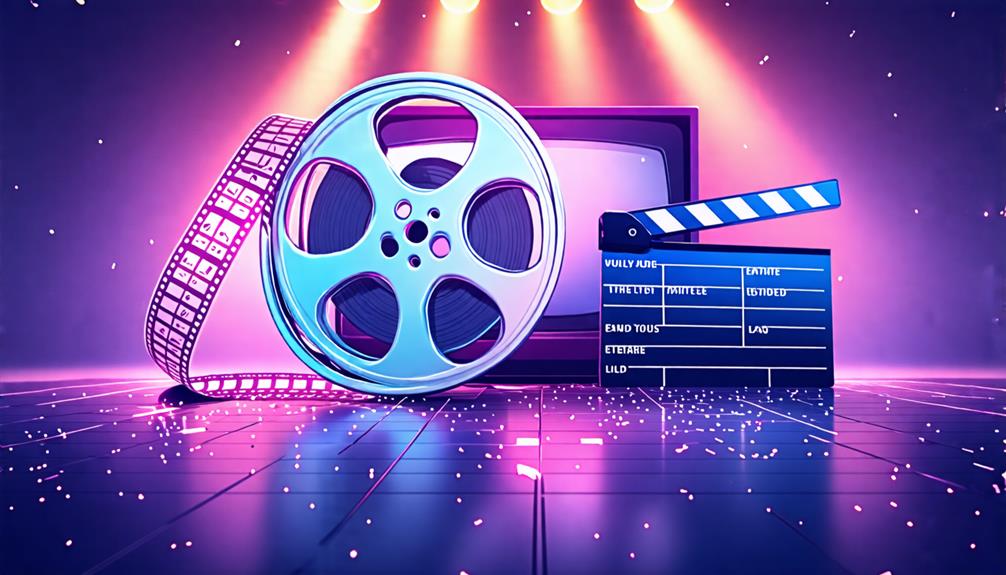







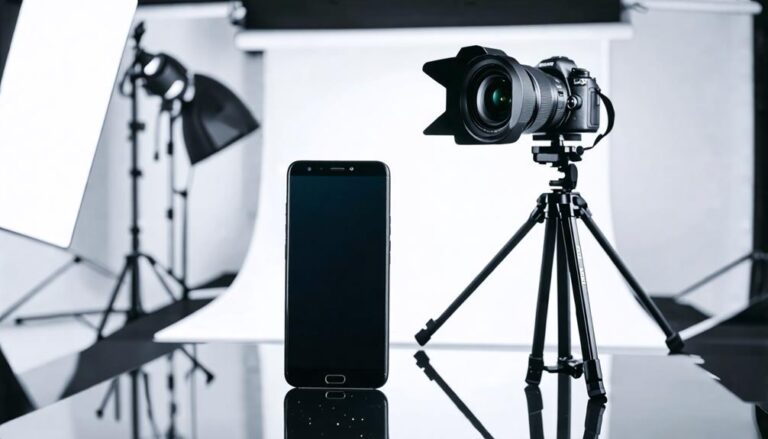
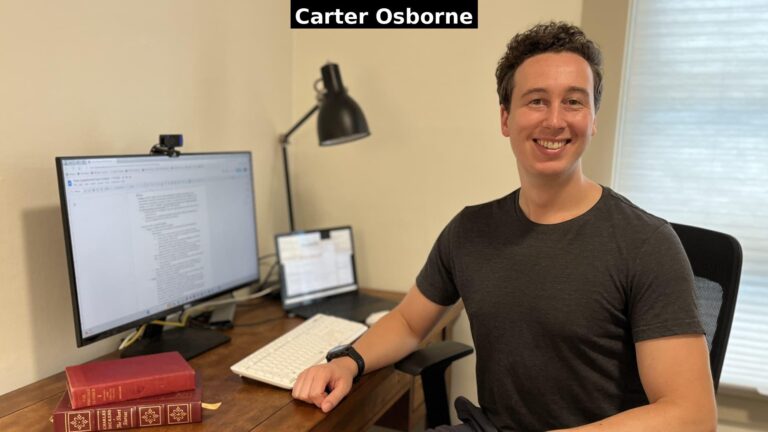

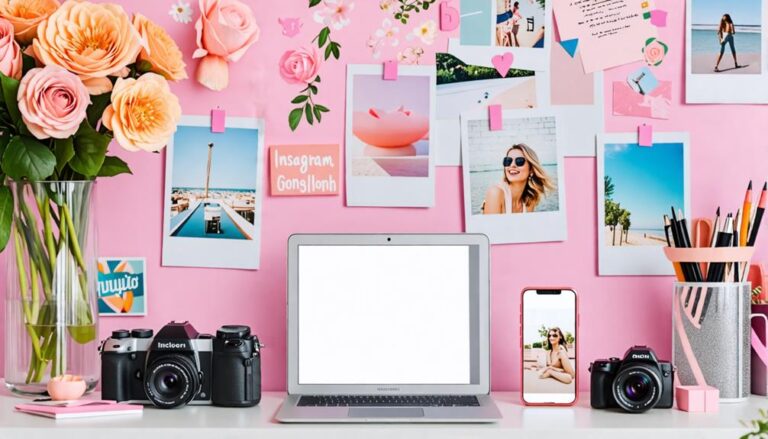
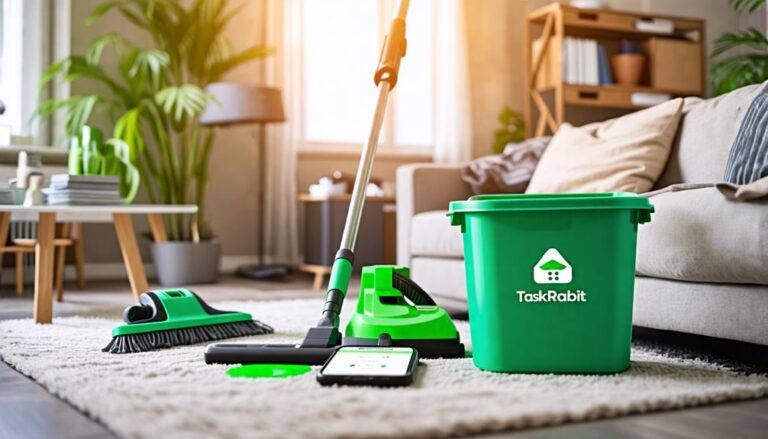

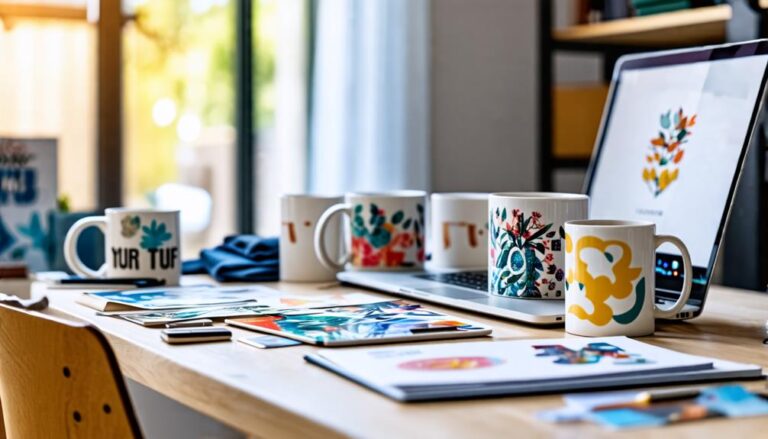

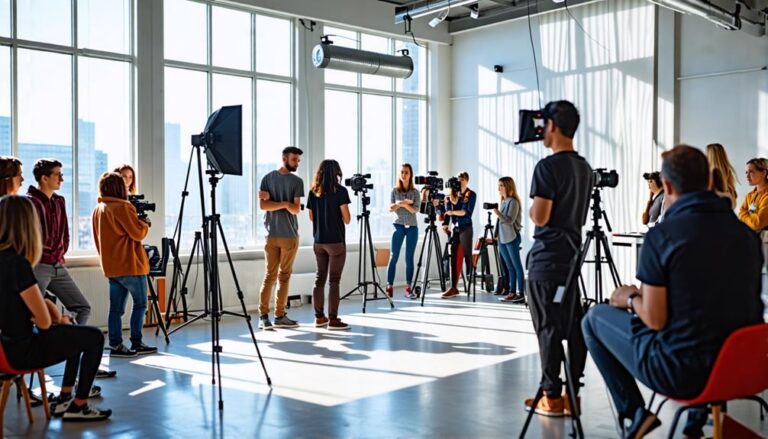
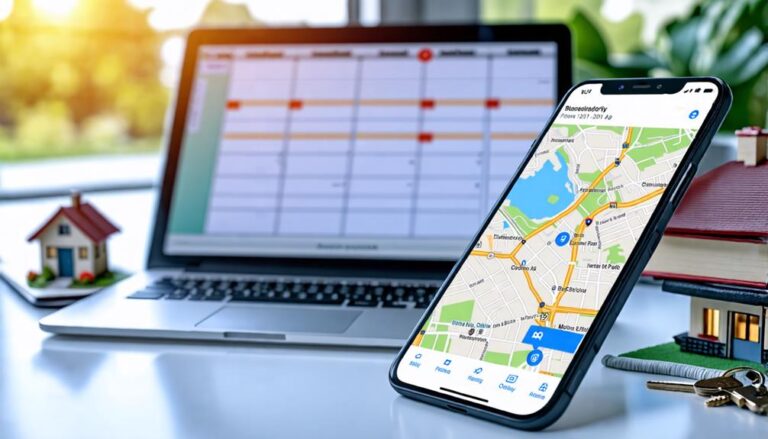


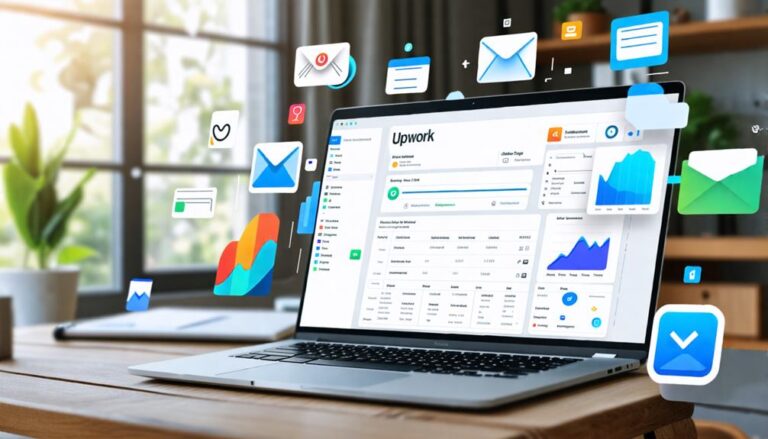
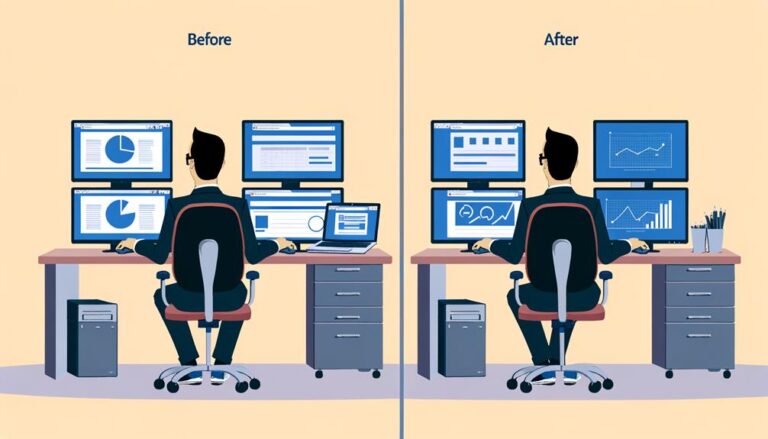
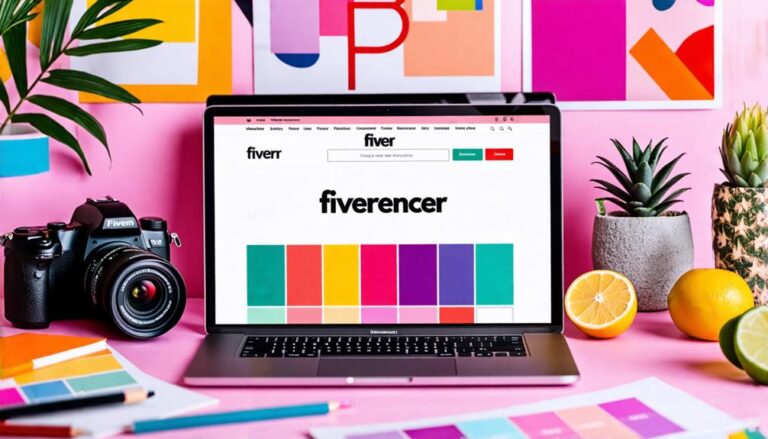






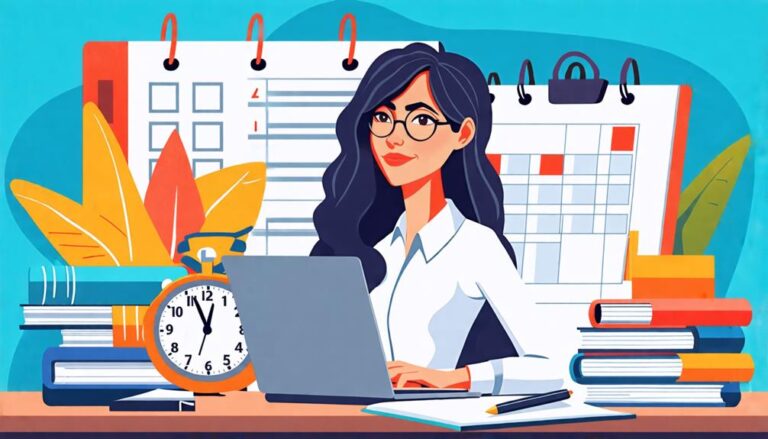


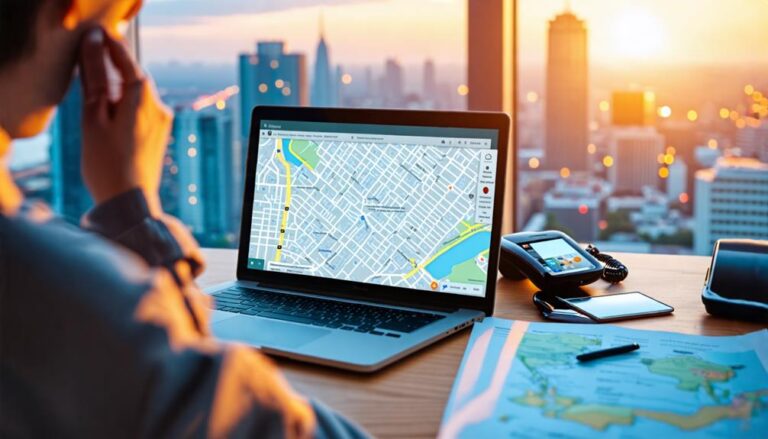

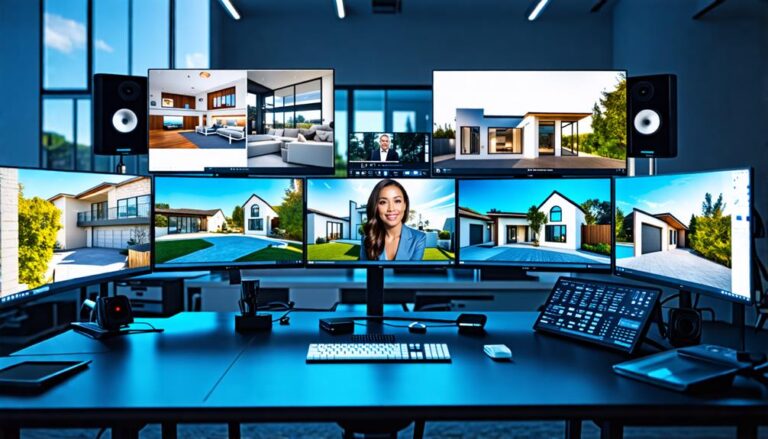
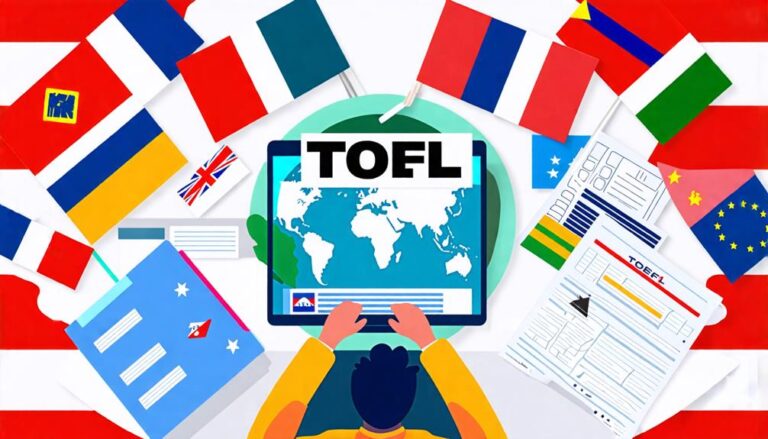


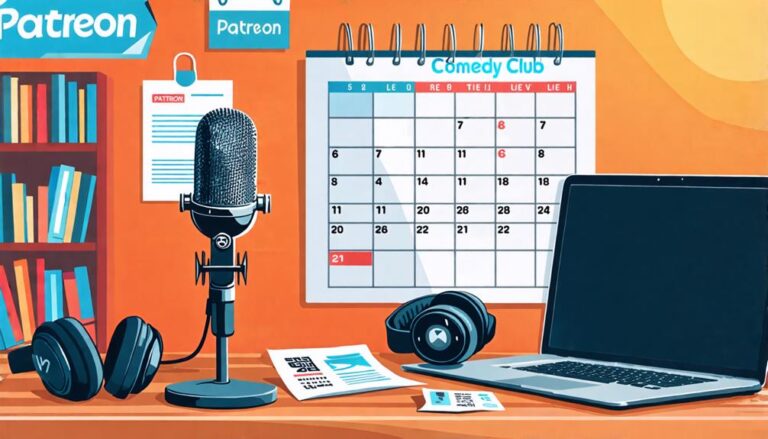



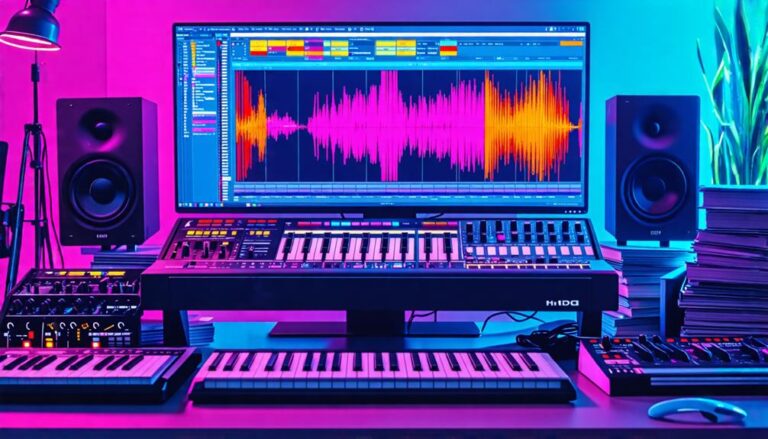




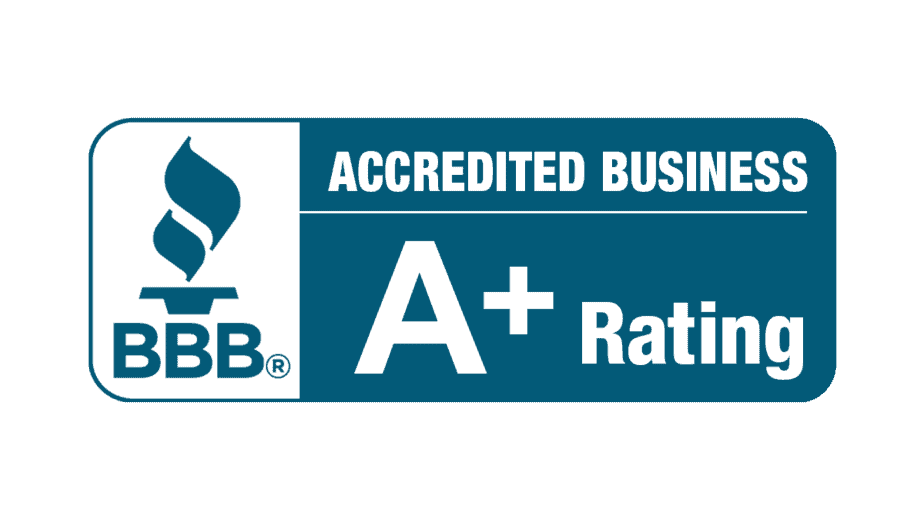

0
View comments